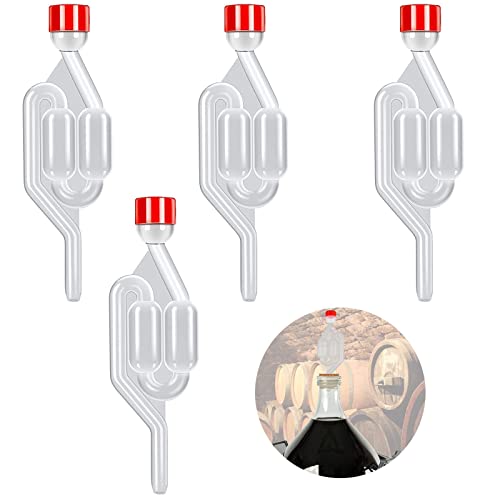Not that I'm at the stage of understanding much about water quality and homebrewing yet, but since it will probably come at some point, I did a bit of digging around.
Google tells me that an HMA setup will cost £40 (£45 on Amazon). Replacement set of filters are then £15. That seems a reasonable price for 2,000 gallons / 9,000 litres. With Tesco Ashbeck being £1.10 for 5l, the equivalent cost of bottled water is £2,000. So quite a saving to be had if HMA filters are an appropriate way to get to a standard neutral water.
https://www.waterfilterman.co.uk/fi...uction-water-filter-system-dechlorinator.html
Includes
- 2x 10 meter lengths of tubing (20 meters in total)
- Three stage HMA water filtration system, complete with new filters inside
- 3/4" BSP to 1/4" Push fitting tap adapter - to connect onto your 3/4" BSP garden hosepipe outlet
- Housing spanner - to open the pods when filters need changing
- ** Optional upgrade, select from "fittings type" to add male hosepipe connectors to either side of the system, for easier garden use
Filter Specification
1st Filter - Sediment filter:
Removes rust, dirt, sand and sediment particles to 5 Micron in size
2nd Filter - Carbon GAC and KDF filter:
Removes high levels of Chlorine, Organic Compounds, Pesticides, Herbicides, and also reduces levels of heavy metals in the water with KDF filtration media and balances pH (increases pH of water, standard carbon filters and KDF will increase water pH, if you need a filter which is less likely to increase pH for discus fish or other fish sensitive to pH please choose the 'less pH altering CCBR2' option from the drop down list when ordering or consider our
3 stage reverse osmosis aqaurium water filter) -
Note: The CCBR2 filter may still increase pH of water (pH outcome will depend upon the contents of the incoming water) however this filter is regarded as one of the least likely filters to increase pH.
3rd Filter - Carbon Block:
Removes high levels of Chlorine, Organic Compounds, Pesticides, Herbicides, Trihalomethanes and Volatile Organic Compounds (VOCs)
* Carbon filter life approximately 2000 gallons (depending upon incoming water quality) / or Filters should be changed every 6 months max
I then had a look at what a KDF filter is:
KDF® Process Media are high-purity, granulated copper and zinc-based alloys that treat water through a process based upon the principle of redox (Oxidation-Reduction). Originally, KDF was shorthand for Kinetic Degradation Fluxion. Basically, KDF creates zinc oxide in the cartridge which helps stop bacteria from growing--it actually killls bacteria--and allows the carbon to last longer.
GAC (granular activated carbon) will remove organic materials VOCs and radon gas by a process called adsorption. KDF removes metals including lead and hexavalent chromium 6, pesticides, Trihalomethanes THMs, MTBE, and neutralizes chlorine. KDF combined with coconut shell carbon (GAC or carbon block) extends the life by protecting against bacteria growth. Most systems use carbon to remove chlorine, but need replacing every 3 to 6 months--bacteria will grow in carbon. But, the copper zinc in KDF produces zinc oxide which inhibits bacteria growth extends the life to 3 years.
So Copper Zinc water filtration, which has its own Wiki page:
https://en.wikipedia.org/wiki/Copper_zinc_water_filtration
I then see you can get resin filters that supposedly remove even more particles (£16 from the same place as above). Wonder if that might get you one step closer to distilled water that you could treat as required.
Interesting but I have nowhere near enough knowledge to conclude on whether they would be suitable in homebrew applications.


























![BREWING THERMOMETER STICKERS ACCURATELY MONITOR FERMENTING BEER & WINE LIQUID TEMPERATURES 5PCS HOME BREW SPIRITS WINE LCD ADHESIVE [US]](https://m.media-amazon.com/images/I/311DDjo2X3L._SL500_.jpg)














